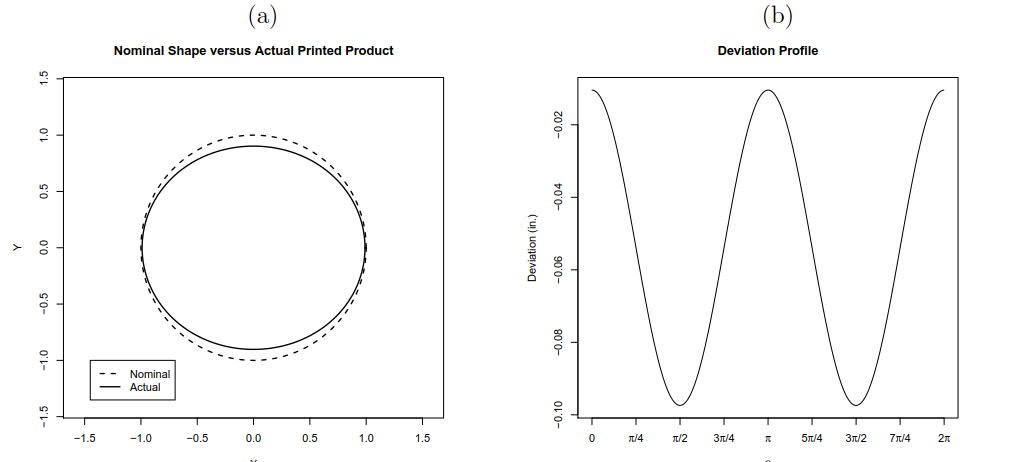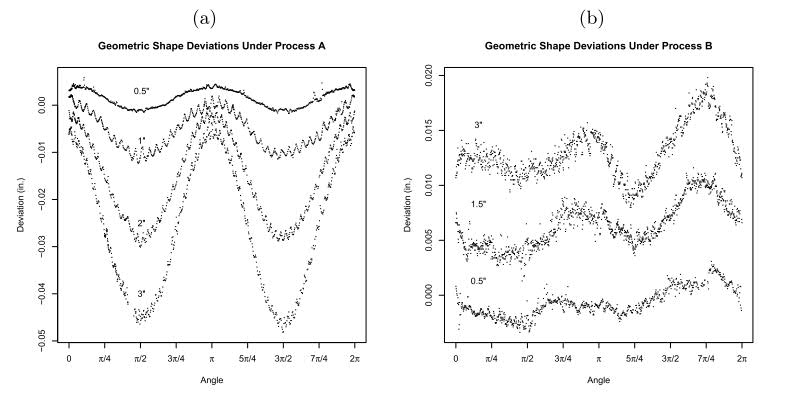Researchers from Purdue University, Indiana, and the University of Southern California have used machine learning algorithms to improve quality control in 3D printing.
Arman Sabbaghi, the leading researcher and assistant professor of statistics at Purdue University, explained, “We’re really taking a giant leap and working on the future of manufacturing.”
“We have developed automated machine learning technology to help improve additive manufacturing. This kind of innovation is heading on the path to essentially allowing anyone to be a manufacturer.”

Catching the deviants
In this research, Sabbaghi was joined by Raquel Ferreira and Kevin Amstutz, a data analyst at Purdue, and Qiang Huang from the University of Southern California.
Their research establishes a predictive methodology based on Bayesian machine learning algorithms. The algorithms yield predictions of shape deviations that can be used to improve the geometrical accuracy of future manufactured products.
Funded by the National Science Foundation, a U.S. government funding agency, the findings of the study were published in four separate papers (including one conference proceedings paper).

Quality control in AM
One of the primary benefits of 3D printing is that it can manufacture complex shapes that are difficult to achieve using traditional manufacturing methods. However, one of the frontiers to be crossed by additive manufacturing is efficient quality control which minimizes print runs and costs of manufacturing.
Technology companies and researchers have attempted to tackle the quality assurance problem in various ways, such as advanced simulation software, a combination of hardware and software and machine learning methods, such as the one founded by the Purdue researchers.
Arman Sabbaghi, said, “This has applications for many industries, such as aerospace, where exact geometric dimensions are crucial to ensure reliability and safety.”
“We use machine learning technology to quickly correct computer-aided design models and produce parts with improved geometric accuracy.”
The research papers discussed in this article were titled, “Bayesian Model Building From Small Samples of Disparate Data for Capturing In-Plane Deviation in Additive Manufacturing“, published in Technometrics and “Model Transfer Across Additive Manufacturing Processes via Mean Effect Equivalence of Lurking Variables“, published in The Annals of Applied Statistics.
3D Printing Awards 2019 are near. Nominate Now!
For more news on the latest research in additive manufacturing, subscribe to our 3D printing newsletter. You can also join us on Facebook and Twitter.
Looking for a job in the industry? Then visit our 3D Printing Jobs board.
Featured image shows the main entrance of Purdue University. Photo via Matthew Thomas/Purdue University.


